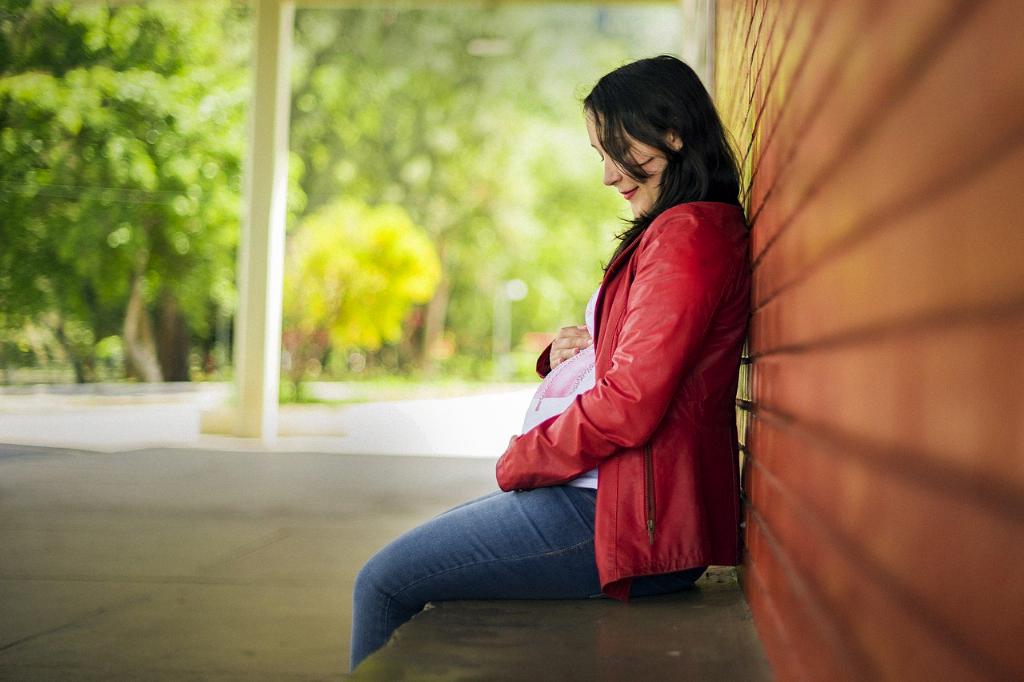Many women eagerly anticipate the moment they can find out if they are pregnant. The question often arises: How early is too early to show on a pregnancy test? The answer can vary depending on different factors such as the sensitivity of the test and when implantation occurs.
Understanding Pregnancy Test Sensitivity
Home pregnancy tests come with different sensitivities. Some tests can detect pregnancy hormones at very low levels, allowing for early detection. If you’re using a highly sensitive test, you may get a positive result as early as 10 days after conception.
Implantation and Pregnancy Test Timing
Implantation occurs when the fertilized egg attaches to the uterine lining. This typically happens around 6-12 days after ovulation. Once implantation occurs, the body starts producing the pregnancy hormone hCG, which is what pregnancy tests detect. It usually takes a few days after implantation for hCG levels to be high enough for detection.
The Importance of Waiting for Missed Period
While early testing can provide quick results, it’s often recommended to wait until after you’ve missed your period for more accurate results. Testing too early can sometimes result in a false negative, leading to disappointment and confusion.
Factors That Affect Test Accuracy
Several factors can affect the accuracy of a pregnancy test, including the time of day you take the test, the concentration of your urine, and the expiration date of the test kit. Following the instructions carefully can help ensure more reliable results.
Risks of Testing Too Early
Testing too early can lead to unnecessary stress and anxiety, especially if you receive a negative result. It’s essential to be patient and give your body enough time to produce detectable levels of hCG before testing.
Consulting a Healthcare Provider
If you’re unsure about when to take a pregnancy test or if you’re experiencing unusual symptoms, it’s always a good idea to consult with a healthcare provider. They can provide guidance on the best time to test and offer support throughout the process.
Emotional Impact of Early Testing
For many individuals, the wait for pregnancy test results can be emotionally challenging. Testing too early and receiving a negative result can bring about feelings of disappointment and uncertainty. It’s essential to practice self-care and seek support when needed.
Patience is Key
While the temptation to test early may be strong, patience is key when it comes to taking a pregnancy test. Waiting until after you’ve missed your period can increase the likelihood of an accurate result and reduce the risk of false negatives.
Understanding Your Body’s Signs
Every woman’s body is unique, and individual factors such as menstrual cycle length and ovulation timing can influence when a pregnancy test will show positive. Paying attention to your body’s signs and listening to your intuition can help guide you through the testing process.
Support Systems During the Testing Process
Going through the process of waiting for pregnancy test results can be challenging. Having a support system in place, whether it’s a partner, friend, or healthcare provider, can offer emotional support and understanding during this time of uncertainty.
Final Thoughts on Pregnancy Testing
Ultimately, the decision of when to take a pregnancy test is a personal one. While early testing can provide quick answers, waiting until after you’ve missed your period can increase the accuracy of the results. Remember to take care of yourself emotionally and seek support if needed throughout the testing process.

